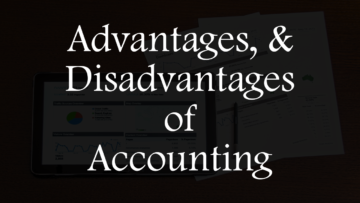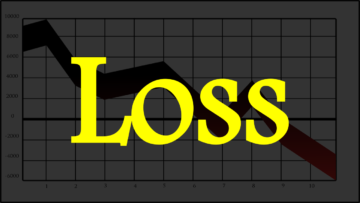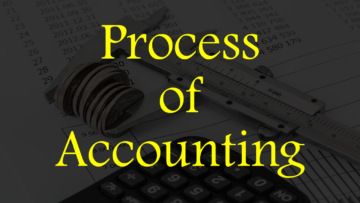In business, a lot of transactions are done day to day and all the transactions are important for the business like selling, purchasing, receiving, paying, returning, etc. It is not possible for the human mind to remember all the transactions, that is why all the transactions are written in the related books so that they can be easily seen and understood later.
How to manage business transactions depends on the scale of the business, like small-scale businesses use few books to record transactions similarly large-scale businesses use lots of books to record transactions, like sales book is used to record sales entry, purchase book is used to record purchase entry etc.

Table of Contents
What is Book-keeping?
Meaning of Book-keeping
Book-keeping means keeping/recording business transactions systematically in the respective books and is a part of the accounting process which includes identifying transactions, measuring transactions, recording transactions, classifying transactions, summarizing transactions, etc.
The one who manages book-keeping is called a bookkeeper and his work ranges from identifying business transactions to preparing summaries of business transactions. Anyone can become a bookkeeper who knows the concepts and rules of book-keeping like rules of debit and credit, formats of various concepts like journal, ledger, trial balance, balance sheet, etc.
Definition of Book-keeping
According to A.H. Rosenkampff – “Book-keeping is the art of recording business transactions in a systematic manner.”
According to R.N. Carter – “Book-keeping is the science and art of recording correctly in the books of account all those business transactions that result in the transfer of money or money’s worth.”
According to J.R. Batliboi – “Book-keeping is the art of recording business dealings in a set of books.”
According to L.C. Cropper – “Book-keeping is the science of recording transactions in money or money’s worth in such a manner that at any subsequent day the nature and effect of each transaction, and the combined effect of all the transactions, may be clearly understood so that the accounts prepared at any time from the records thus kept may show the owner of the books his true financial position.”
Features of Book-keeping
Following are the features of book-keeping:
1. Systematic:
Book-keeping is systematic because it provides various rules, concepts, etc. according to which transactions are recorded in it. We cannot record transactions in it as per our wish. Before recording any transaction, we have to identify and measure that transaction and only then the transaction will be recorded.
2. Fundamental Function:
Book-keeping is a fundamental function of management because without it the accounting process does not start. The accounting process starts with book-keeping and includes various rules like debit and credit rules, etc., and concepts like journals, ledgers, etc.
3. Economic Activity:
Book-keeping is an economic activity as it deals only with monetary transactions. The first process of book-keeping is to identify the transactions, under this, only those transactions which are related to business and monetary are included in the book-keeping.
4. Universal Process:
Book-keeping is a universal process as it is used by every business whether it is small-scale businesses or large-scale businesses. All businesses have to use book-keeping to systematically record transactions. Accounting reports are prepared with the help of book-keeping.
5. Continuous Process:
Book-keeping is a continuous process because it is used again and again and never ends as long as the object exists. There are many transactions every day in business and each transaction has to go through the process of book-keeping, that is why book-keeping is a continuous process.
6. Evidential value:
Book-keeping has evidentiary value because book-keeping data is valid before the law, but some data has less evidentiary value and some data has more evidentiary value.
Read Also:
QNA/FAQ
Q1. What is Book-keeping?
Ans: Book-keeping means keeping/recording business transactions systematically in the respective books and is a part of the accounting process which includes identifying transactions, measuring transactions, recording transactions, classifying transactions, summarizing transactions, etc.
Q2. Is the book-keeping systematic?
Ans: Yes, book-keeping is systematic because it provides various rules, concepts, etc. according to which transactions are recorded in it.
Q3. Does book-keeping have evidentiary value?
Ans: Yes, book-keeping has evidentiary value because book-keeping data is valid before the law, but some data has less evidentiary value and some data has more evidentiary value.
Q4. Is book-keeping a universal process?
Ans: Yes, book-keeping is a universal process as it is used by every business whether it is small-scale businesses or large-scale businesses.
Q5. Write the features of book-keeping.
Ans: Following are the features of book-keeping:
1. Book-keeping is systematic.
2. Book-keeping is a fundamental function of management.
3. Book-keeping is an economic activity.
4. Book-keeping is a universal process.
5. Book-keeping is a continuous process.
6. Book-keeping has evidentiary value.
Q6. Who is the bookkeeper?
Ans: The one who manages book-keeping is called a bookkeeper and his work ranges from identifying business transactions to preparing summaries of business transactions.













